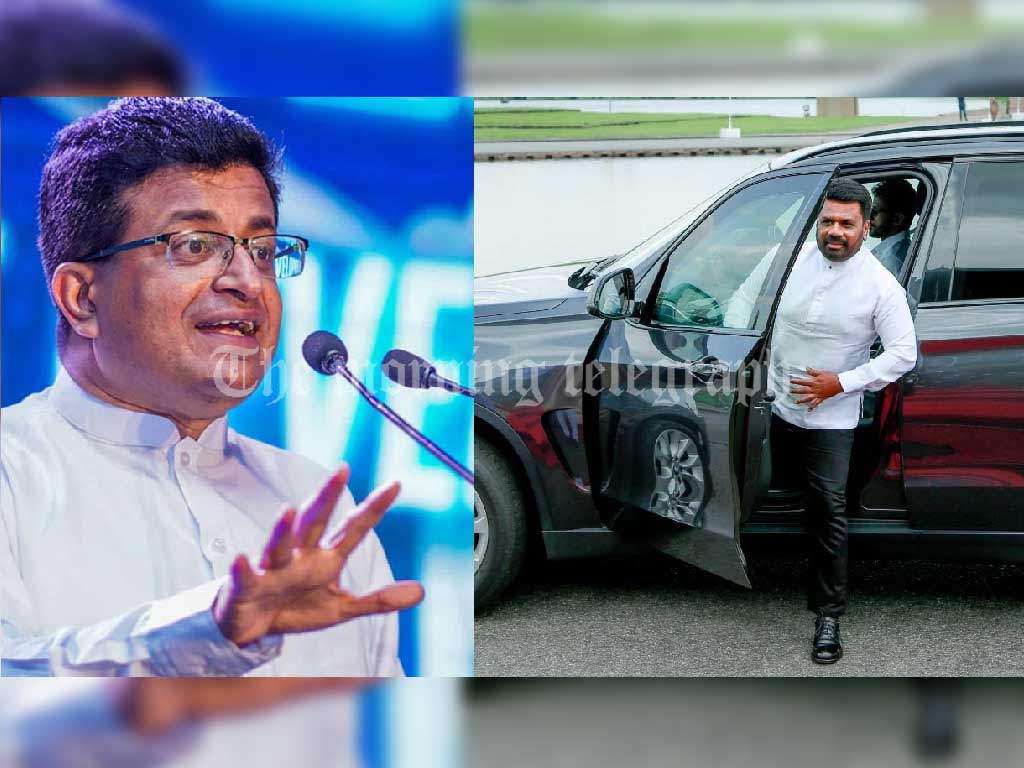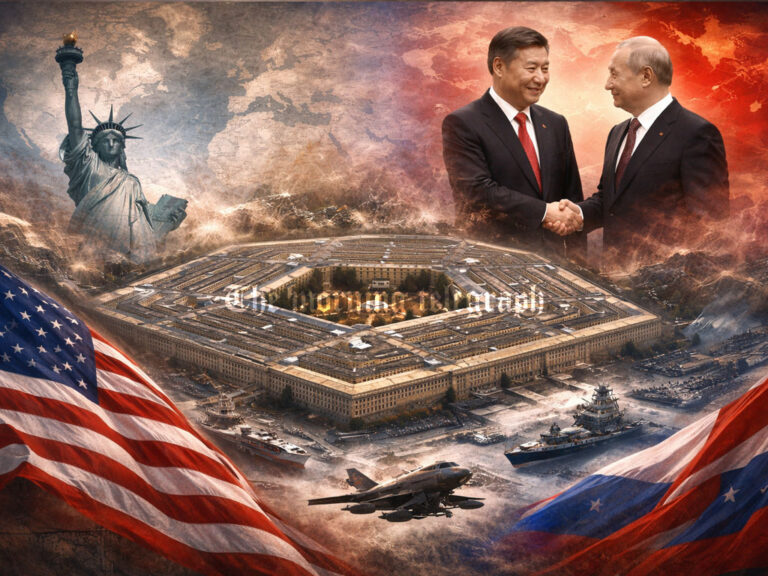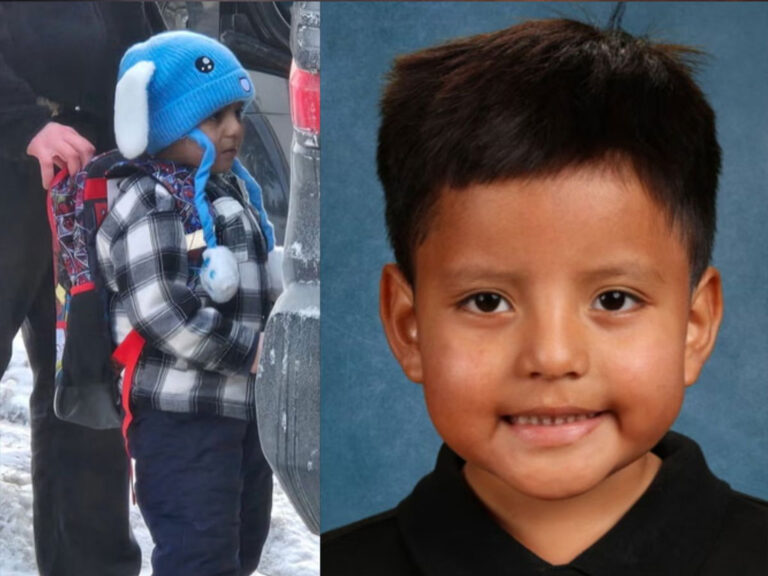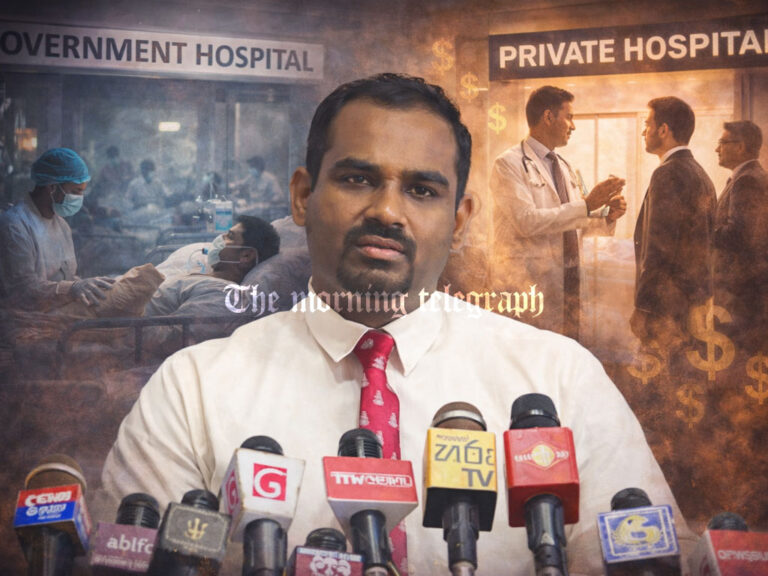
Udaya Gammanpila, leader of the Pivithuru Hela Urumaya (PHU) party, has sharply criticized President Anura Kumara Dissanayake for what he sees as contradictory actions concerning the Economic and Technology Cooperation Agreement (ETCA) and national security policies. Gammanpila, speaking at a media conference at the PHU party headquarters, questioned the President’s position on several key issues, from the controversial ETCA agreement to the security of former presidents, as well as the ongoing infrastructure projects between Sri Lanka and India.
Gammanpila’s primary focus was the President’s stance on the ETCA agreement, which has become a point of contention in Sri Lanka’s relations with India. The President, who was once a staunch critic of ETCA during his time in opposition, has now agreed to continue discussions on the agreement. The joint statement released after President Dissanayake’s visit to India revealed that he had agreed to proceed with further deliberations on the ETCA, which, according to Gammanpila, marks a significant departure from his earlier position.
Gammanpila recalled how, during his time as the leader of the Janatha Vimukthi Peramuna (JVP), Dissanayake had publicly opposed ETCA, even organizing seminars where he claimed the agreement would devastate Sri Lanka’s economy. In one such event, Dissanayake argued that ETCA would harm the country’s manufacturing sector and professionals by opening the door to greater Indian influence in Sri Lanka’s economy. Gammanpila questioned how the President could now justify continuing negotiations on a deal he had once condemned so strongly.
“If President Anura Kumara Dissanayake had listened to his own party’s concerns on this matter, he would never have agreed to continue with ETCA discussions,” Gammanpila said. “The people deserve an explanation for this shift in stance. If the President cannot justify this change, he must apologize to the nation for misleading them during the elections.”
The PHU leader pointed out that the ETCA was initially proposed as the Comprehensive Economic Partnership Agreement (CEPA) in 2008, but former President Mahinda Rajapaksa postponed the signing of the agreement in the face of strong public opposition. Gammanpila emphasized that while bilateral agreements are not inherently harmful, the terms of any agreement must benefit the people of Sri Lanka. He raised concerns that the current administration was rushing into agreements that could irreparably harm the country’s industries and professionals.
Gammanpila also criticized the President’s actions regarding infrastructure projects being discussed between Sri Lanka and India. These include plans for a bridge, electricity lines, and oil pipelines that would connect the two countries. During a previous media address, Dissanayake had condemned the attempts to connect Sri Lanka to India through these projects, arguing that they would undermine the country’s natural security by linking it to a neighboring nation both physically and economically.
However, the joint statement from India and Sri Lanka following Dissanayake’s visit to India revealed that discussions on these projects would continue. This development raised doubts about whether the President’s earlier criticisms were justified or if he had been forced into agreeing to these projects due to international pressure. Gammanpila expressed concern that the President had not made a clear stand on these issues.
“The President must explain whether his earlier opposition to these projects was mistaken, or if the government simply caved to pressure from a larger power,” Gammanpila remarked. “We, as a nation, need transparency in such vital decisions.”
In addition to his criticisms of the President’s policy decisions, Gammanpila addressed the recent move to reduce security for former Presidents, a policy that has become controversial in the country. While his party does not have any former presidents, Gammanpila cautioned against the long-term implications of such a decision, pointing out that former Presidents Mahinda Rajapaksa and Gotabaya Rajapaksa played pivotal roles in the country’s fight against the LTTE, while former President Sirisena took significant actions to combat terrorism.
While the idea of reducing security for former leaders might be popular, Gammanpila warned that removing security could have dangerous consequences. He argued that such moves could prevent future leaders from making bold decisions, especially when dealing with national security threats such as terrorism, the underworld, and drug trafficking. Without guarantees of long-term security, leaders may hesitate to take necessary action in the face of such challenges.
“The lack of security for former Presidents could have serious repercussions on future leadership. Leaders need to know they will be protected after they leave office, or they may not make the tough decisions required during their time in power,” he stated.
Gammanpila also criticized the recent decision to replace the army with the police for VIP security. He argued that while the army currently does not have specialized duties in the country’s peaceful environment, it is essential for maintaining national security. In contrast, he suggested that the police, who are tasked with law enforcement duties, could better serve the nation by focusing on crime, drug trafficking, and public safety rather than VIP protection.
He proposed that VIP security should be handled by the army, as is common in many countries, allowing the police to focus on more pressing issues. By reassigning VIP protection to the military, the police could be freed to address rising crime rates and other critical concerns.
One of the most pointed criticisms from Gammanpila came regarding an incident in which President Dissanayake was seen opening the door of his own vehicle. While some may view this as a simple act, Gammanpila explained that it violated essential VIP security protocols. He noted that VIPs around the world are protected by security personnel who ensure the safety of the leader during public appearances, including ensuring that doors are opened only when it is safe to do so.
In Sri Lanka, however, the President opened his vehicle door without security personnel taking the necessary precautions. Gammanpila criticized the Head of the Presidential Security Division for allowing this lapse in security protocol, stating that the officer’s ignorance of standard VIP protection procedures called for immediate action.
“The Presidential Security Division head should be suspended immediately,” Gammanpila demanded. “Opening a vehicle door without proper security checks is a basic mistake. It’s a breach of international security protocols that endangers the President and shows a lack of understanding of security operations.”
The media conference was attended by key members of the PHU, including Avissawella Electoral Organizer Anura P. Divigalle and Maharagama Electoral Organizer Kingsley Nihal, who expressed their support for Gammanpila’s statements. The party members reiterated their concerns about the President’s policies, particularly on national security and foreign relations, and vowed to continue to hold the government accountable for its decisions.
As the political debate continues, the public is left questioning the President’s true stance on important national issues, particularly as they relate to foreign agreements, security, and long-term national interests. Gammanpila’s remarks underscore the growing dissatisfaction with what many perceive as a lack of clarity and transparency from the current administration.




